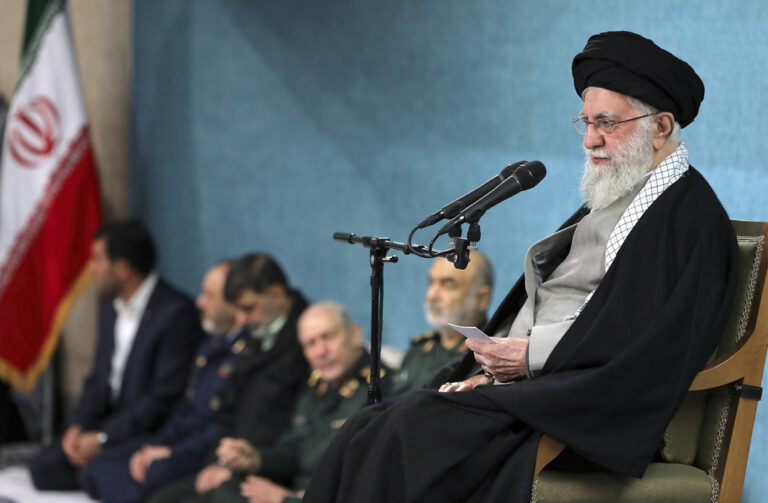President Obama’s top economic advisers have determined that they can shore up the nation’s banking system without having to ask Congress for more money any time soon, according to administration officials.
In a significant shift, White House and Treasury Department officials now say they can stretch what is left of the $700 billion financial bailout fund further than they had expected a few months ago, simply by converting the government’s existing loans to the nation’s 19 biggest banks into common stock.
Converting those loans to common shares would turn the federal aid into available capital for a bank — and give the government a large ownership stake in return.
While the option appears to be a quick and easy way to avoid a confrontation with Congressional leaders wary of putting more money into the banks, some critics would consider it a back door to nationalization, since the government could become the largest shareholder in several banks.
The Treasury has already negotiated this kind of conversion with Citigroup and has said it would consider doing the same with other banks, as needed. But now the administration seems convinced that this maneuver can be used to make up for any shortfall in capital that the big banks confront in the near term.











One Response
The question then is when to sell the shares and to whom. If the bank is indeed going to survive, that should yield a much higher return on the investment of tax dollars than the interest on the loans. If the bank is a basket case, that costs the government money.
The profit on selling the shares once the banks return to prosperity could compensate for the “printing press” operations of late, or they could fund all sorts of public spending (wars, tax relief, environmental projects, mass transit, education, etc.). That will be a hot political question.